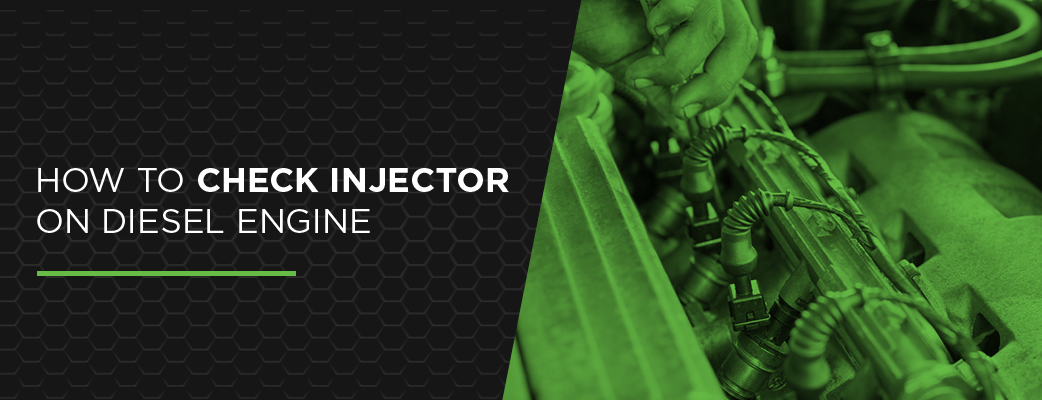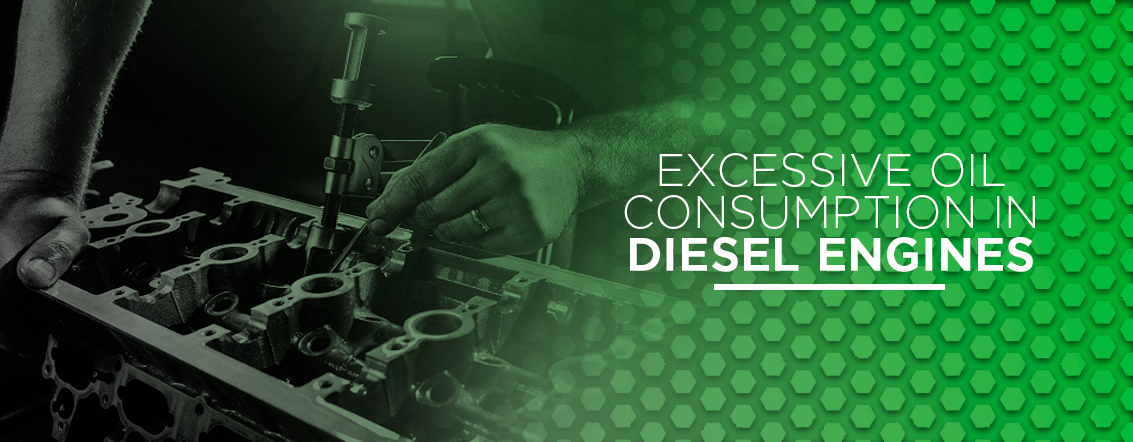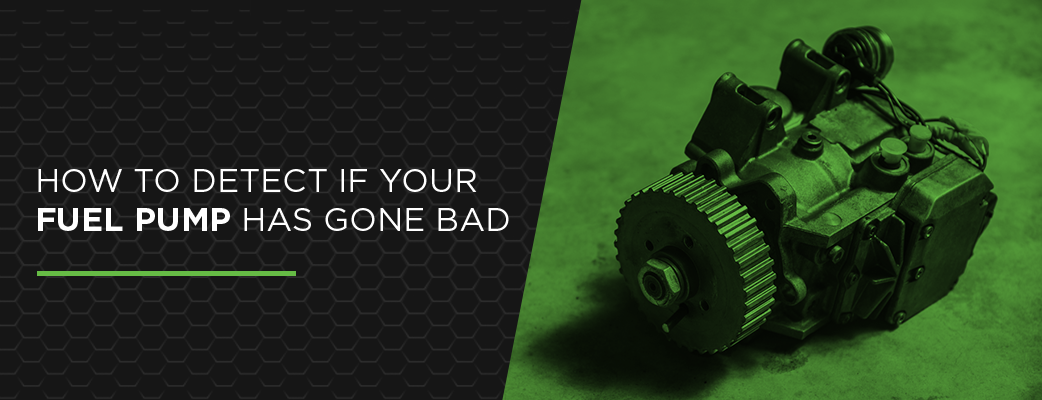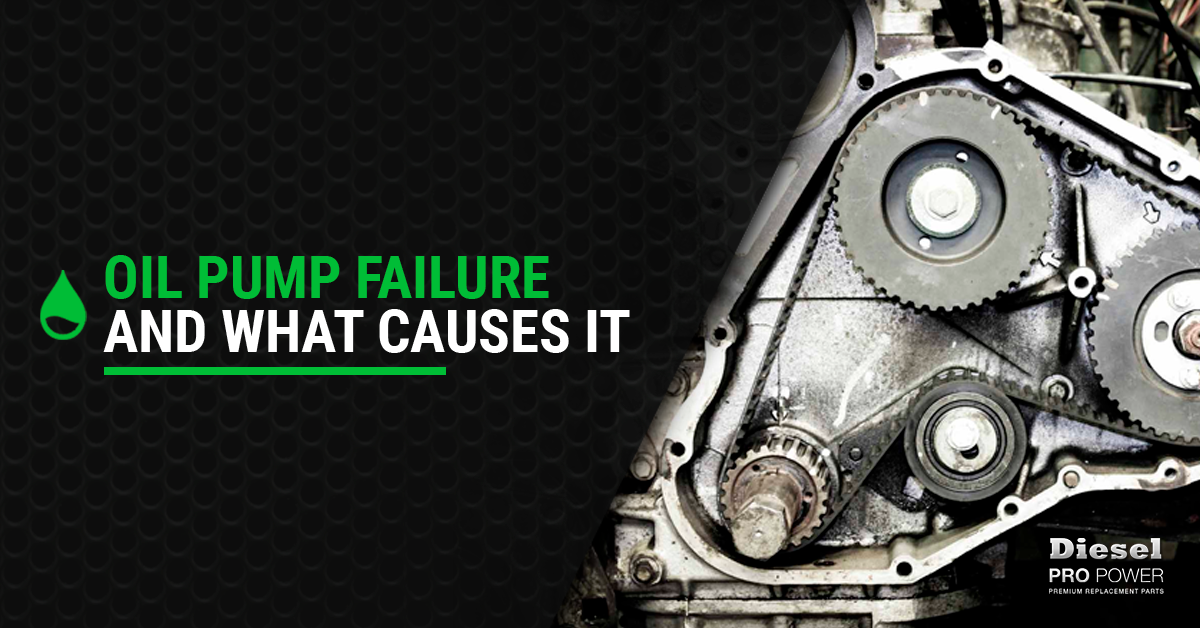Category: Troubleshooting
April 2, 2020
Engine performance problems can be a major headache. One common marine diesel engine problem is low power. Low power may or may not be accompanied by dark smoke, and could be caused by a number of issues. In fact, the issue might not even be the engine. Here's some important information for marine diesel troubleshooting. Low Power engine, emitting Black Smoke If your engine is producing low power or low rpm and is emitting black smoke, the vessel may be underpowered or overloaded in its current configuration. Being overloaded has a direct effect on the propellers and also causes…
Read More
March 19, 2020
When it comes to fuel line sizes vs. fuel supply restriction — also known as pressure drop — there is a lot of misinformation in the marine industry. And it is essential to have a clear understanding of the relationship between fuel line size and fuel pressure if you are planning a fuel delivery system. When pressure loss caused by fuel line size is not taken into account, the fuel system will end up functioning incorrectly. Does Fuel Line Size Matter? Fuel line size is an essential factor for marine diesel engines. The diameter and length of the line…
Read More
March 12, 2020
Proper maintenance of your diesel engine is essential to making sure it functions properly. One important feature is the fuel injector. Fuel injectors keep track of the amount of fuel entering the engine. Without the right level of care, fuel injectors can easily wear out or fail completely, causing your engine not to start or the exhaust to smoke. While it's not always easy to tell if the injectors are the problem, there are some symptoms to look out for and ways to check in order to determine what the issue may be. What Are the Symptoms of a…
Read More
March 11, 2020
How much oil consumption is normal for a marine engine depends on many factors, such as the engine model, environment, type of boat, hours, load and application. The best thing you can do is refer to your manufacturer’s manual. When your diesel engine begins to consume more than what’s normal, you’ll want to act fast to keep your commercial engine at optimal operating levels. Diesel Pro Power will take you through what causes excessive engine oil consumption and the impact it has on your operations. The more insight you have, the better you’ll be able to combat the internal issues. What Is…
Read More
February 27, 2020
Your boat's fuel pump moves fuel to a cylinder to generate energy in the engine. When this part breaks or begins to fail, it can cause problems with running or starting your boat. Learn how to identify a failing diesel fuel pump so you can replace it. Causes of a Failing Fuel Pump of a Diesel Engine A broken fuel pump can have causes like: - Too much water getting in your diesel fuel, making its way to your cylinder and overwhelming the filter - Algae or fungi growing in your fuel tank - Dirt, water or microbes in your fuel tank getting churned…
Read More
February 24, 2020
In the early days, oil was delivered to an engine's components much differently than it is today. The first engines were lubricated with drip feed systems, which dropped oil into all its moving components, and on ships, there were workers known as "oilers" who filled up pots of oil above the moving parts. Since the beginning of the 20th century, however, internal combustion engines began using a force-feed system, in which oil is pumped around, or forced, to the engine's many parts. Engines today use a completely forced-feed lubrication system, and a critical component of this system is called an…
Read More
Page 8 of 10« First«...678910»



 Free US Calls: 1-888-433-4735
Free US Calls: 1-888-433-4735 International: 305-545-5588
International: 305-545-5588



